
MORE than 300 exhibitors are expected to take part in a leading railway exhibition to be held in Turkey next year.
The fourth edition of Eurasia Rail – international rolling stock, infrastructure and logistics exhibition – will open its doors to railway and rolling stock professionals for the fourth time early next year (March 6 to 8) at Istanbul Expo Centre (IFM) in Istanbul.
More than 25,000 visitors are expected to attend the show that will bring together government bodies and private companies in the railway sector on an international platform. It will take place in conjunction with conferences, seminars and presentations by international speakers.
Aiming to be the second biggest railway exhibition of the world next year, the event will be organised on a gross area of 17,000 sq m in three halls plus an outdoor area, where exhibitors will have a chance to exhibit new trends and designs for rolling stocks, light rails, infrastructure technologies and railway logistics.
Some of the confirmed exhibitors for Eurasia Rail 2014 are Savronik, Huawei, Alstom, Knorr Bremse, Schneider Electric, CAF, Talgo and Vossloh. The confirmed national pavilions currently include Germany, Russian Federation, Czech Republic, Republic of China, France, the UK, Poland and Austria, and the participating exhibitor countries include, the US, the UAE, Denmark, India, Sweden, Italy, Spain, Switzerland, Japan, Lithuania, Ukraine, Romania, and Turkey.
The exhibition, which saw 287 exhibitors attend its third edition, aims to create an environment that will connect passenger and freight technology buyers and sellers under one roof as well as build a network of new and existing partners.
It will also provide an opportunity to explore Turkish railway projects, which organisers say is one of the most attractive investment areas in the next decade.
Until the year 2030, investments worth €50 billion ($68.4 billion) are expected to be made in the transportation sector and €25 billion ($34.2 billion) in roads.
Turkey is planning to build 7,000 km of fast tracks and 4,000 km of conventional tracks by 2023.


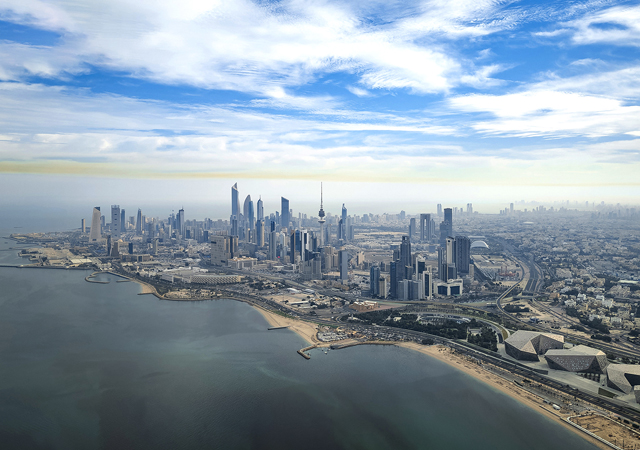
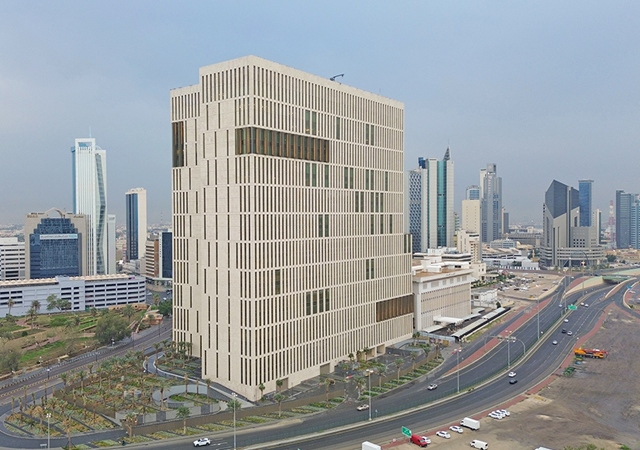
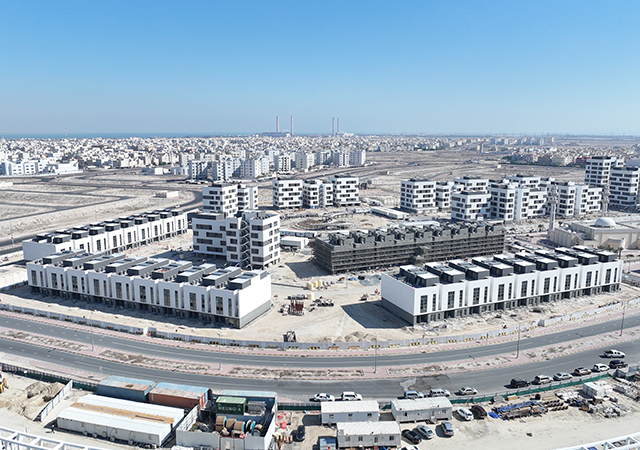
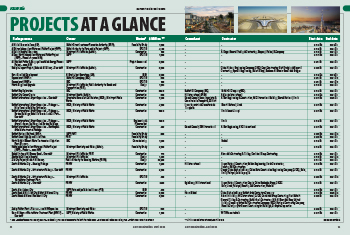
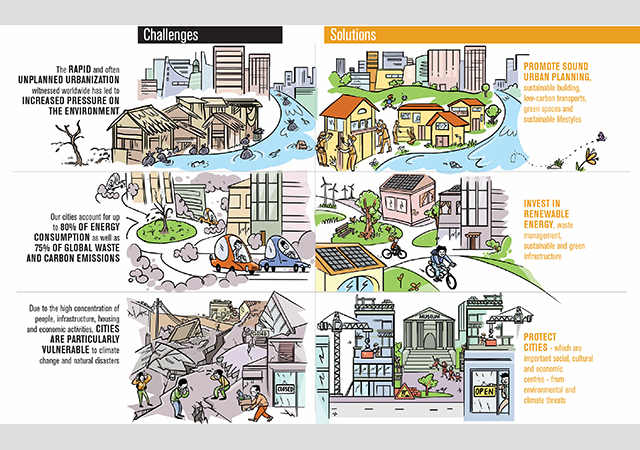
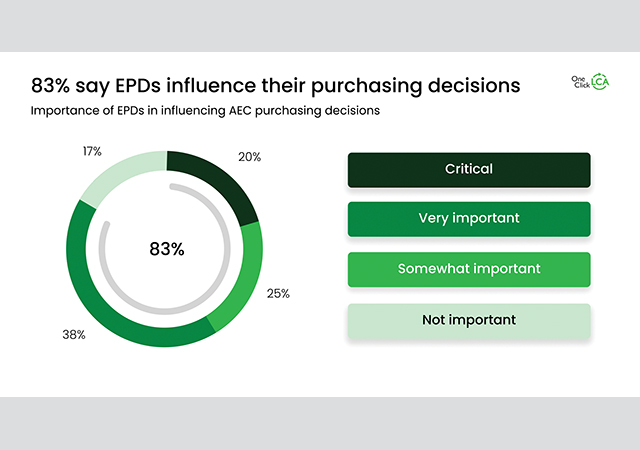
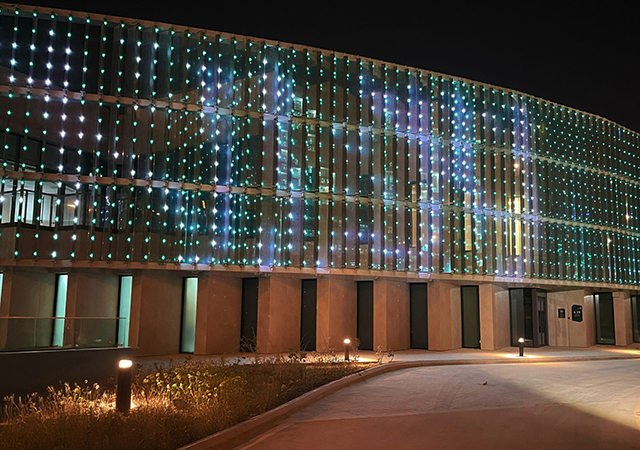
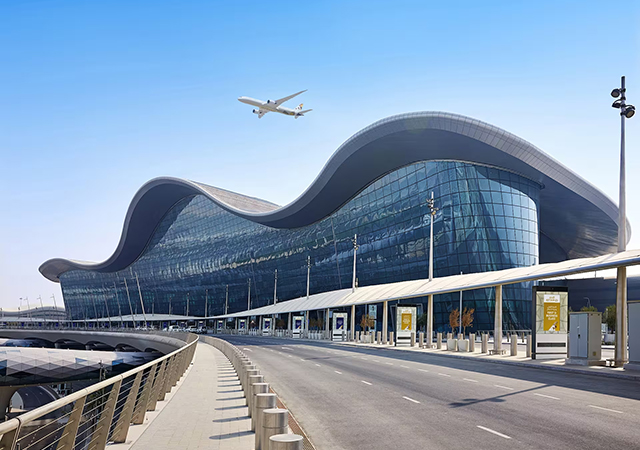
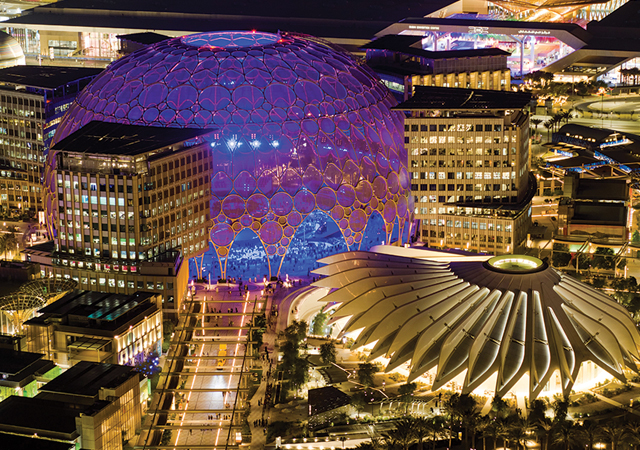
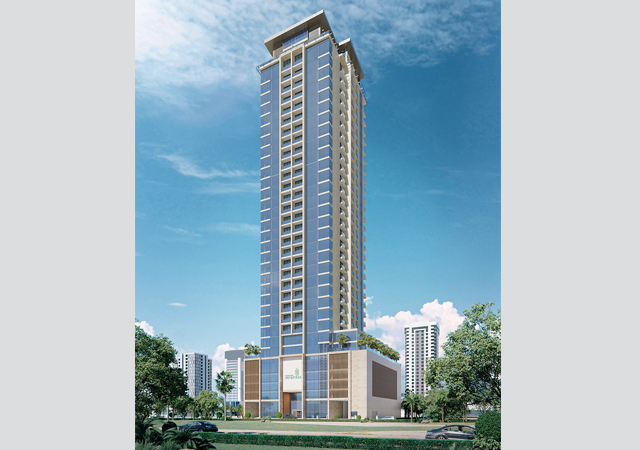
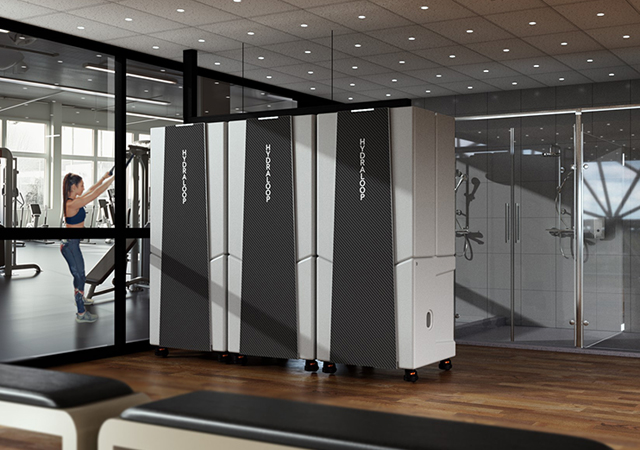
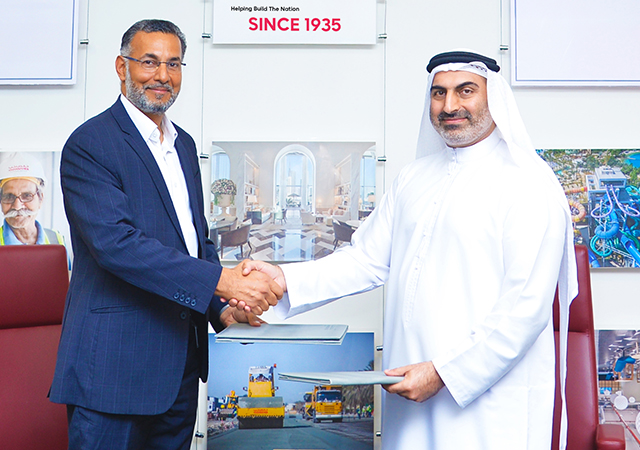
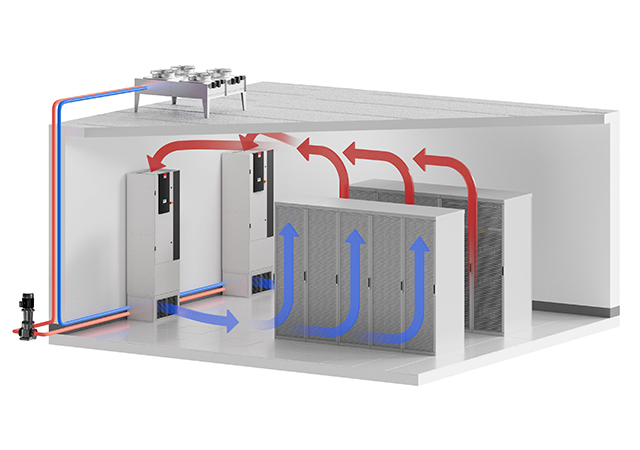
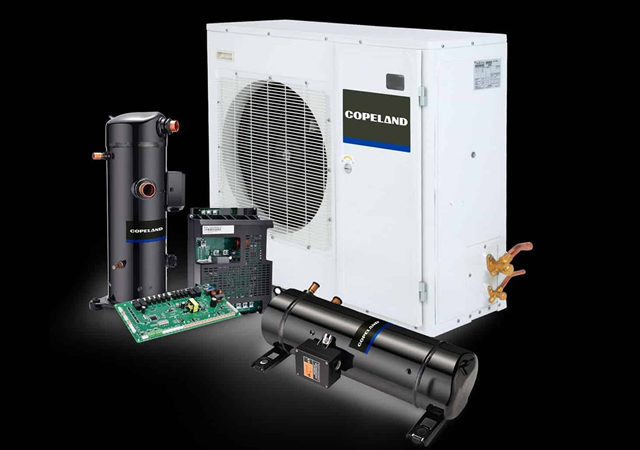


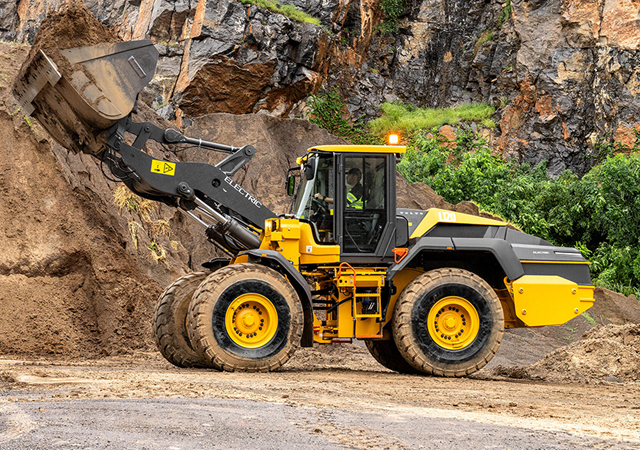
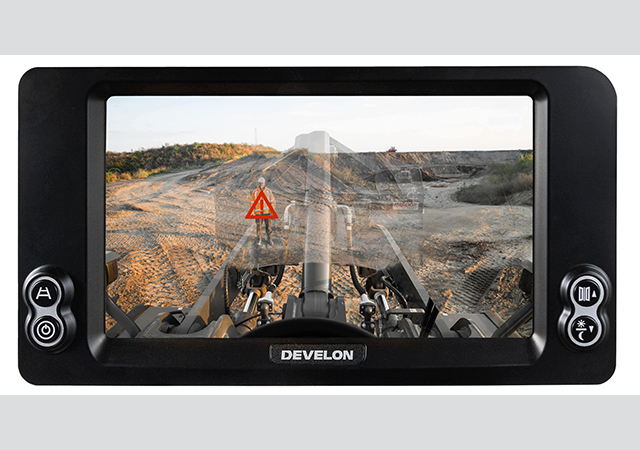
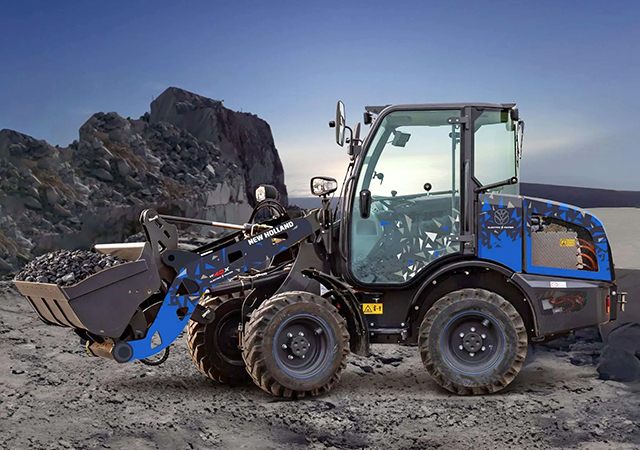
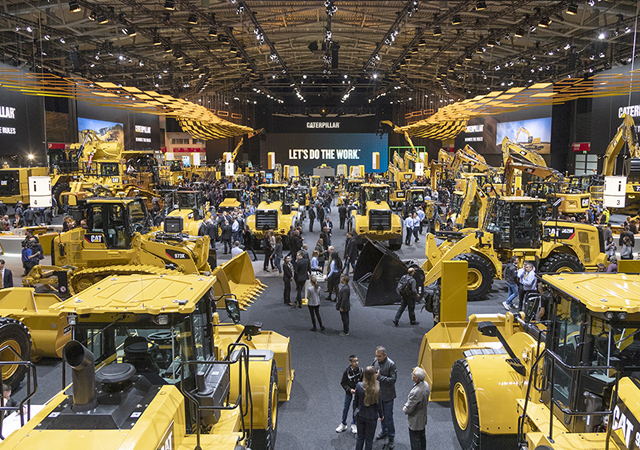
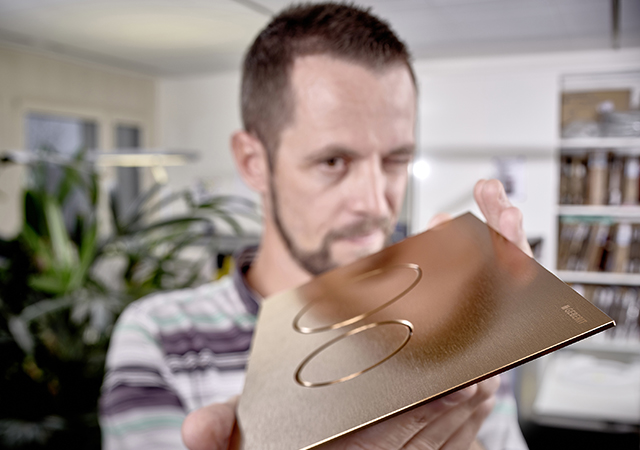
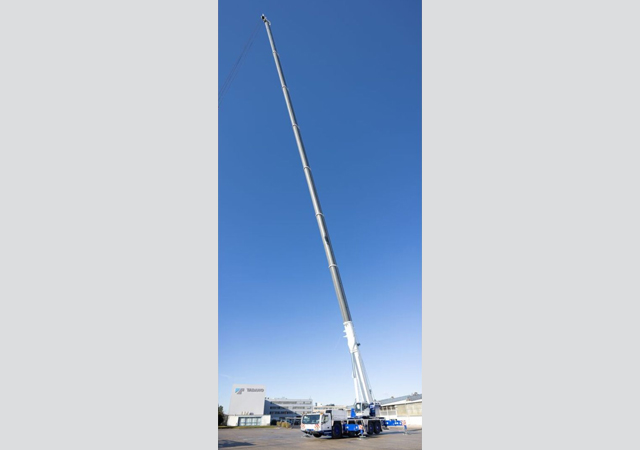
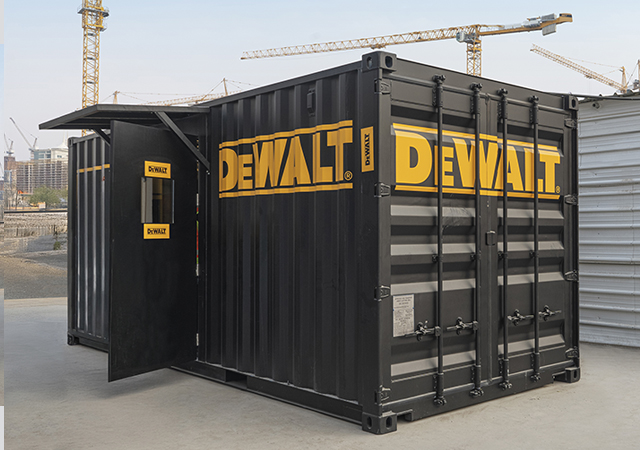

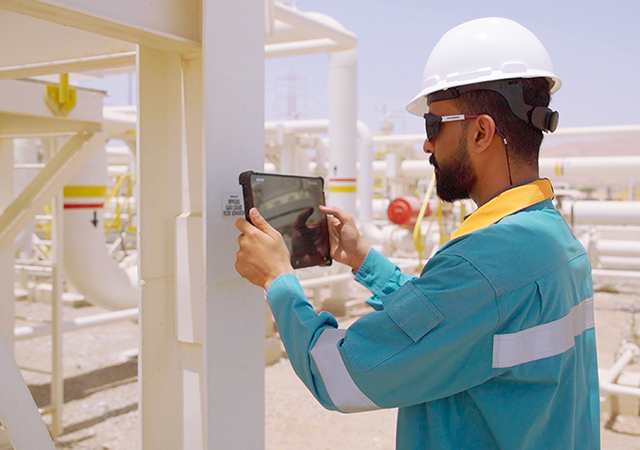
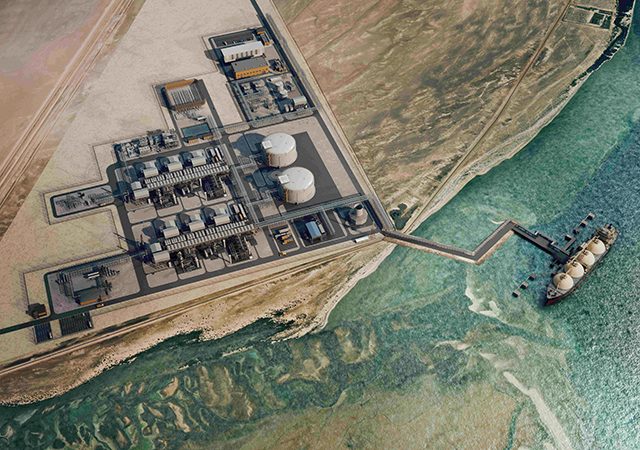
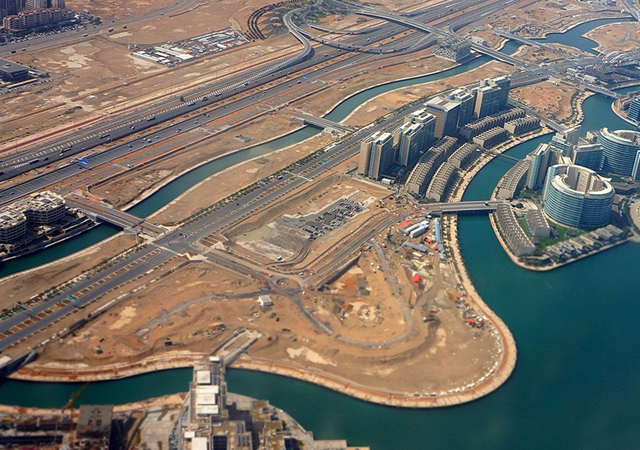

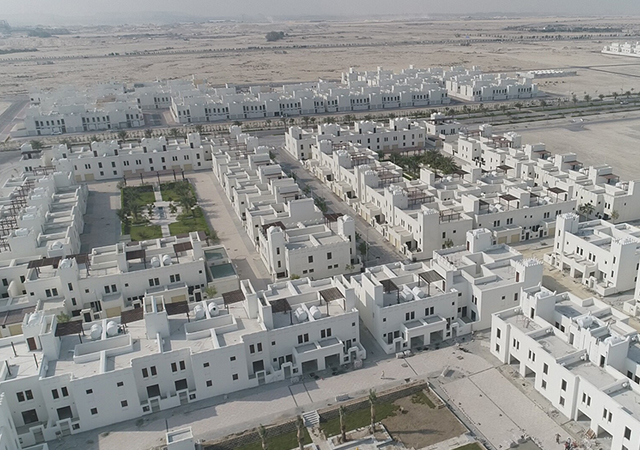

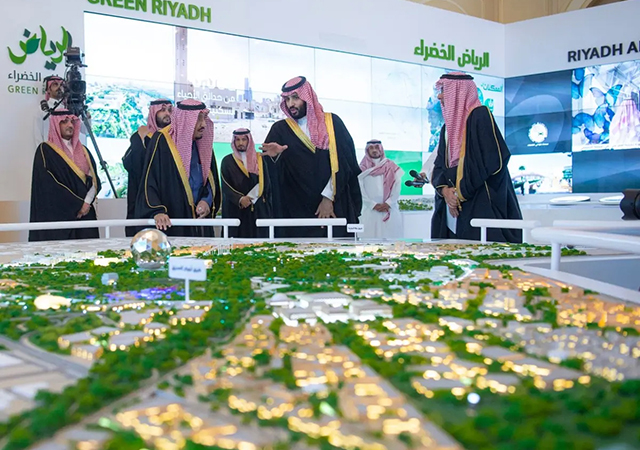
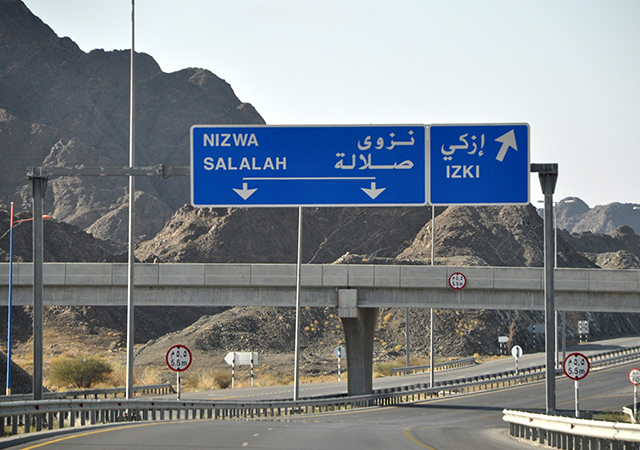
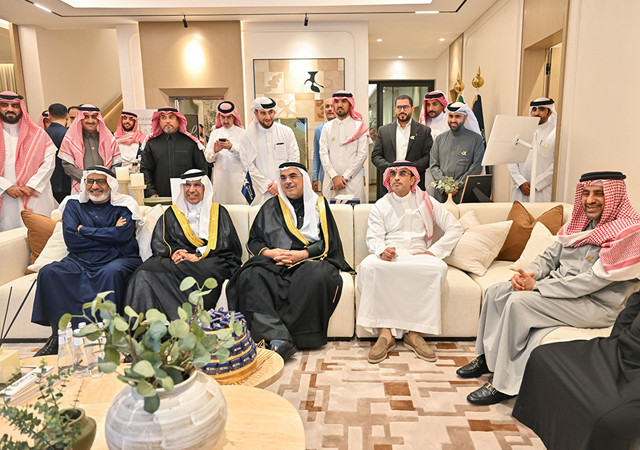
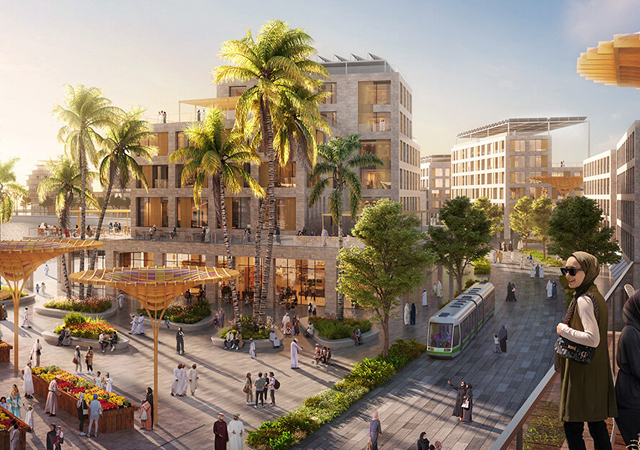
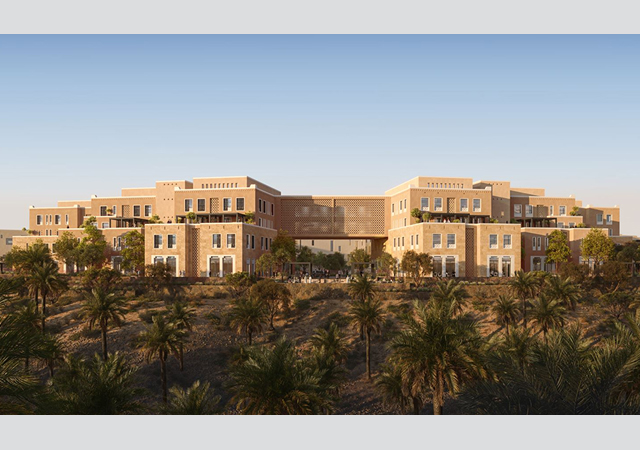
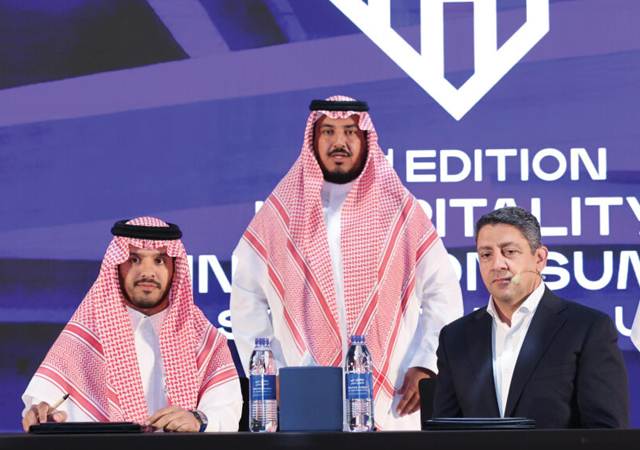
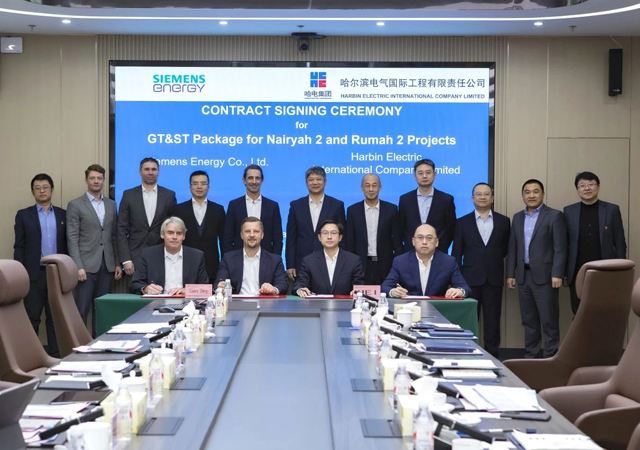

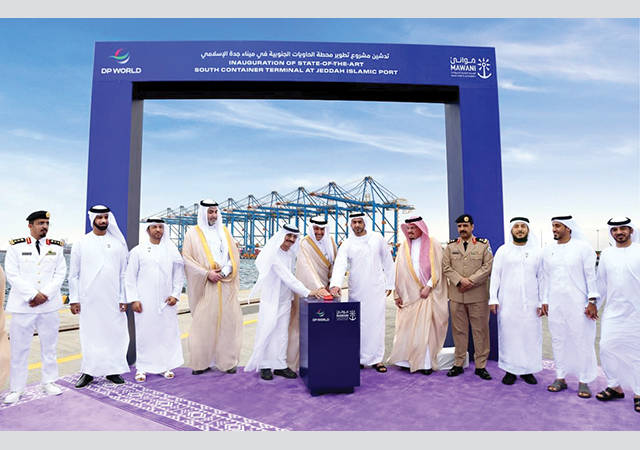
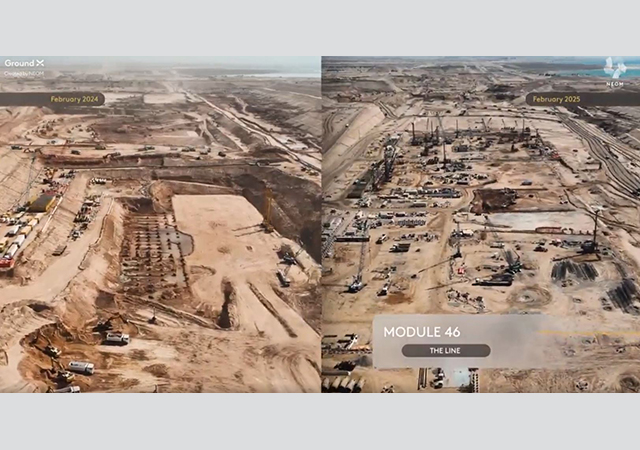
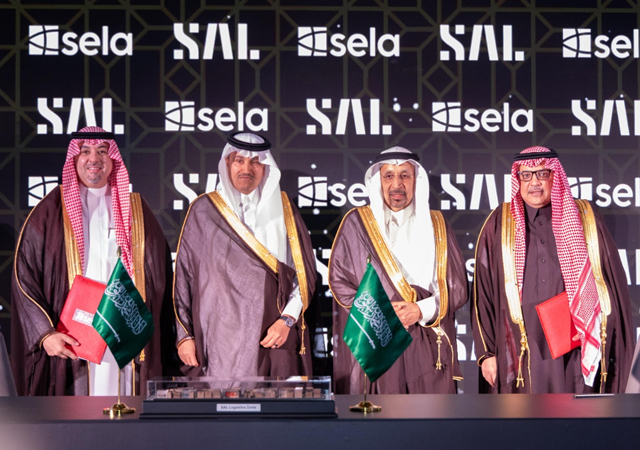
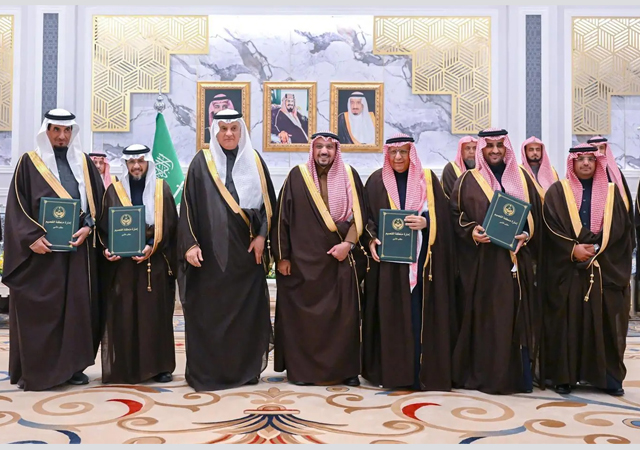



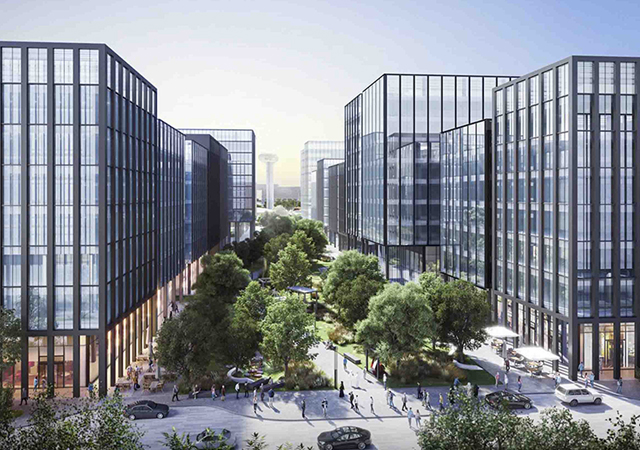
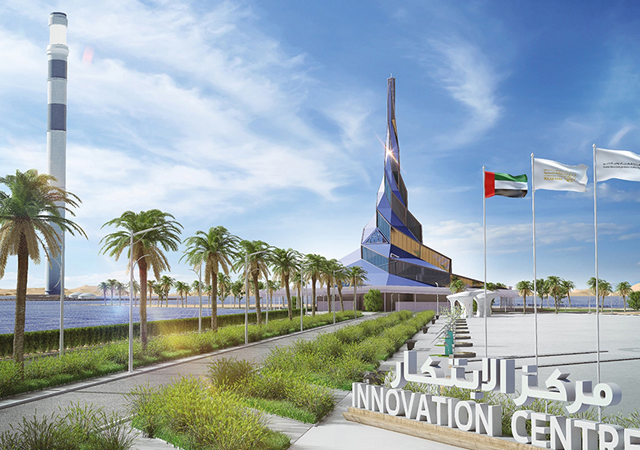


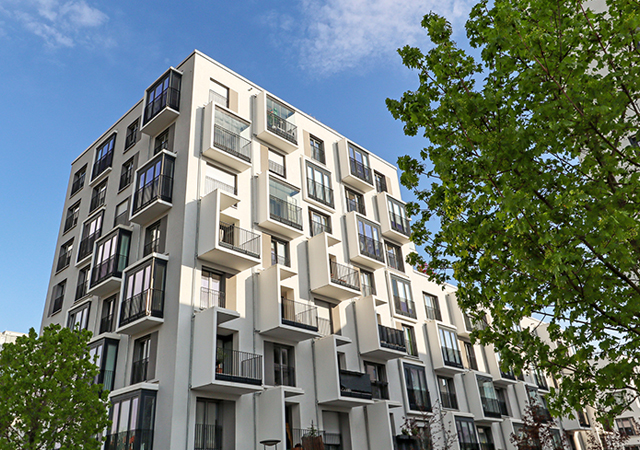

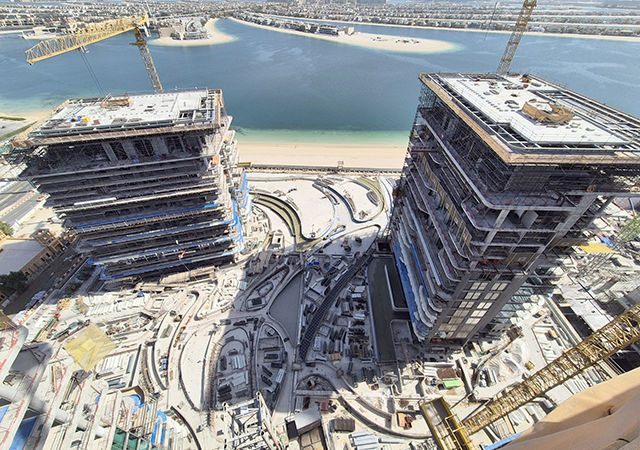

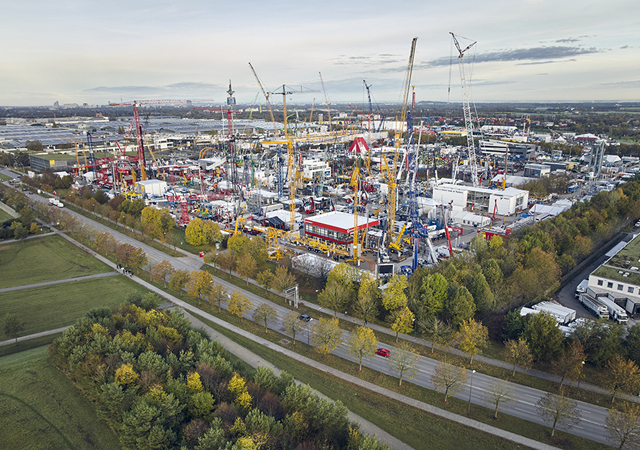
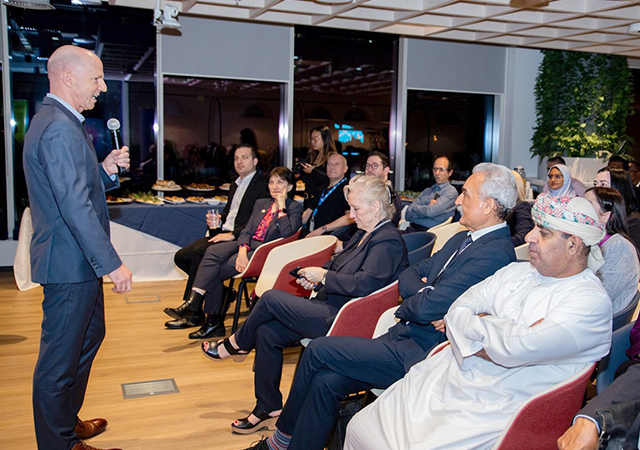


.jpg)



